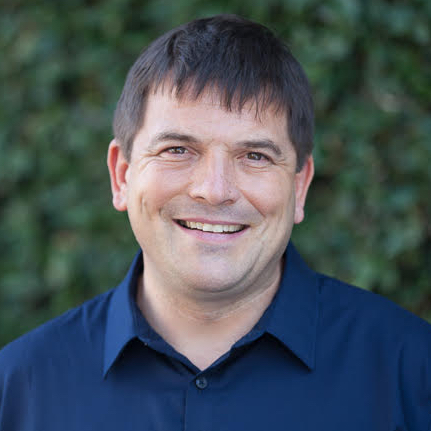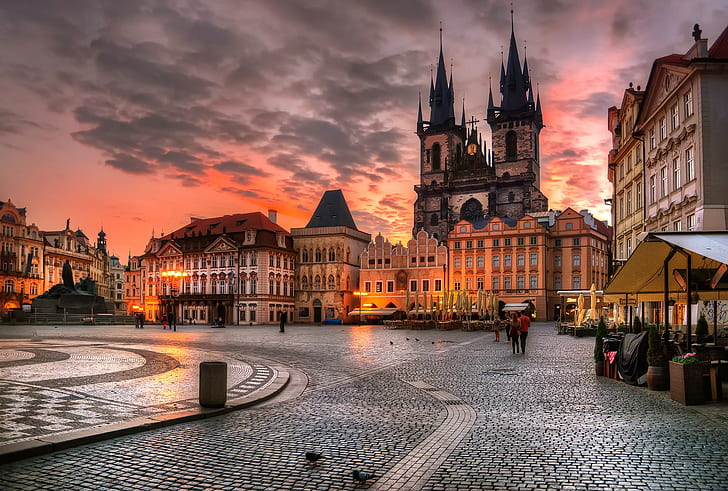Have you ever thought of the mission field as a mine, and the lives touched by the Gospel as treasures, waiting to be uncovered for God’s glory? ⛏️💎 Our ministry in Prague through Faith Community Church is somewhat like that—a mine full of riches for the Gospel, waiting to be unearthed. But to extract these priceless riches of lives transformed by the Gospel of grace, some of us must go down into the pit, while others play the crucial role of “holding the rope” back home. 🤝💡 Thank you for holding the rope for us!
“I will go down into the mine, but you must hold the ropes”. ~William Carey
The Legacy of William Carey & Andrew Fuller: Mining Treasures of God’s Grace for the Gospel
In 1792, as William Carey, the "father of modern missions," began his lifelong mission to India, he understood the immense potential for seeing millions of people from hundreds of unreached people groups in India, reached with the Gospel of Jesus Christ, for God’s glory. But William Carey knew that he couldn't do it alone and that the partnership of those back home in England was absolutely critical for his ministry in India. In particular, Carey’s friend and fellow pastor back in England, Andrew Fuller, whom Carey told in a letter, “I will go down into the mine, but you must hold the ropes”. 🪢📿
William Carey’s role was to be the “miner” or missionary who was called to descend into the mine ⛏️, and Andrew Fuller enthusiastically launched into his role as a “rope holder” back home, providing prayer, encouragement, and financial support, as well as helping to mobilize others to join in holding the rope for Carey and his fellow workers in India. Both of their roles were vitally important callings to take part in God’s mission. In the same way, each one of us today who are Christians are called to either be “goers” or to be “senders” who help hold the rope in support of those the Lord has sent.
Prague: A Post-Post-Christian Landscape
Many American Christians today may be completely unaware of just how deeply secular Europe has become. You might even visit Europe and see beautiful, historic churches all around you, but today, many of these churches sit largely empty with the exception of tourists and a small and aging but devout remnant of believers gathered on a Sunday morning. These ancient and beautiful churches and cathedrals are often monuments to an ancient but fading Christian past whose days are all but forgotten in Europe. Its a stark reminder for us that the Bible's understanding of what a "Church" is ("εκκλησία", or "ekklesia" in the Greek New Testament, meaning "assembly"), is not a building -no matter how beautiful and ancient- but a people.
The Bible-believing Christian population in many European nations today, including the Czech Republic, is often less than 2%—a threshold below which Christianity struggles to grow and sustain itself without the help of foreign missionaries. In William Carey and Andrew Fuller's day, the most critical needs for mission sending and the light of the Gospel were to the so-called "dark continents" of Africa and Asia. But today in the 21st century, after centuries of mission sending and surging indigenous churches in Africa and Asia, the "dark continent" most in need of the light of Christ today has become Europe itself, formerly thought of as "Christendom".
In "post-post-Christian" Prague, Christianity hasn’t just been rejected recently—it’s often not even been considered. Many Czechs and other secular Europeans living in Prague have never encountered a Bible-believing Christian who could share the Gospel with them in a meaningful way. In fact, the percentage of Czech Bible-believing Christians was estimated a decade ago to be just 0.76%, and is probably significantly less today, making Prague one of the most challenging yet critical mission fields for the future of Christianity in Europe and the western world. This makes our mission incredibly urgent and impactful, as we seek to bring the transformative message of Jesus to a community that’s largely unaware and untouched by it.
How You Can "Hold the Rope" for Us in the Mission Field of Central Europe:
🙏 Pray: Lift us up in prayer as well as for those we minister to and come in contact with to hear the Gospel and receive it with gladness.
🤝 Support Financially: Your donations help sustain and expand our ministry efforts. 👉 Give Here: mtw.org/bean
📢 Encourage & Share: Share our ministry in Europe with friends, family, and with your church, to help grow our support network and awareness of how God is at work.
👥 Mobilize Your Community: Invite others to join our Facebook group, share our email updates and blogposts with them, and encourage your church to support our mission through prayer and financial partnership.
Why It Matters:
By holding the rope for us in Prague, you enable us and our team to dig deep, planting and nurturing churches that become lights of the Gospel in Prague, and we hope in the future, beyond into greater Czechia and Central Europe.
Just as Andrew Fuller’s support back home in England was vital for William Carey’s mission in India in creating a lasting church planting movement that continues to this day, your support of our work in Prague today is essential for our efforts to uncover and cultivate the Gospel’s treasures in Prague—all for God’s glory--together. 🤝🌟🙌
Thank you so much for all that you do to “hold the rope” 🪢📿 in supporting the mission of God to draw those who’ve never heard the Gospel to our gracious savior!





















